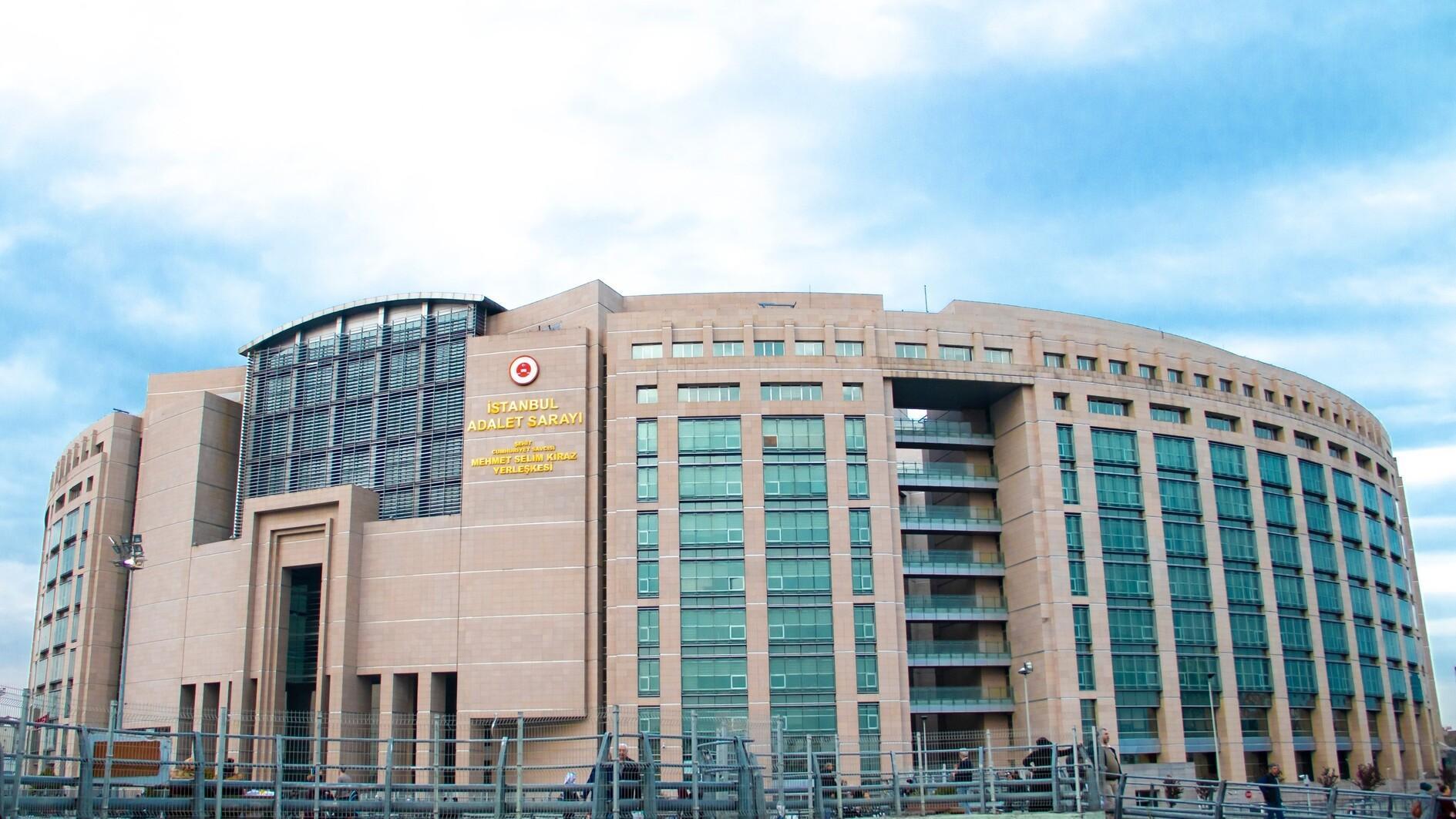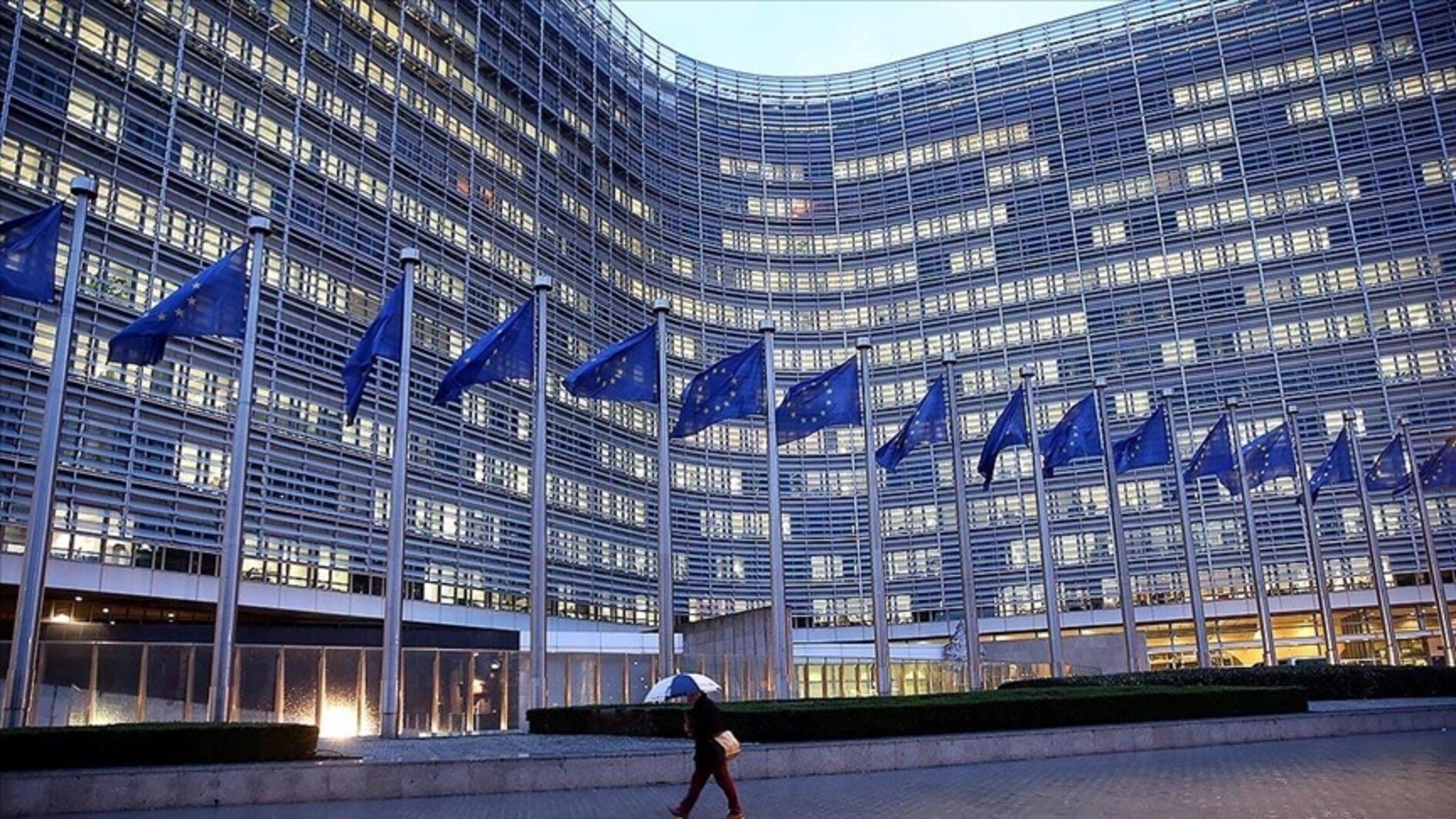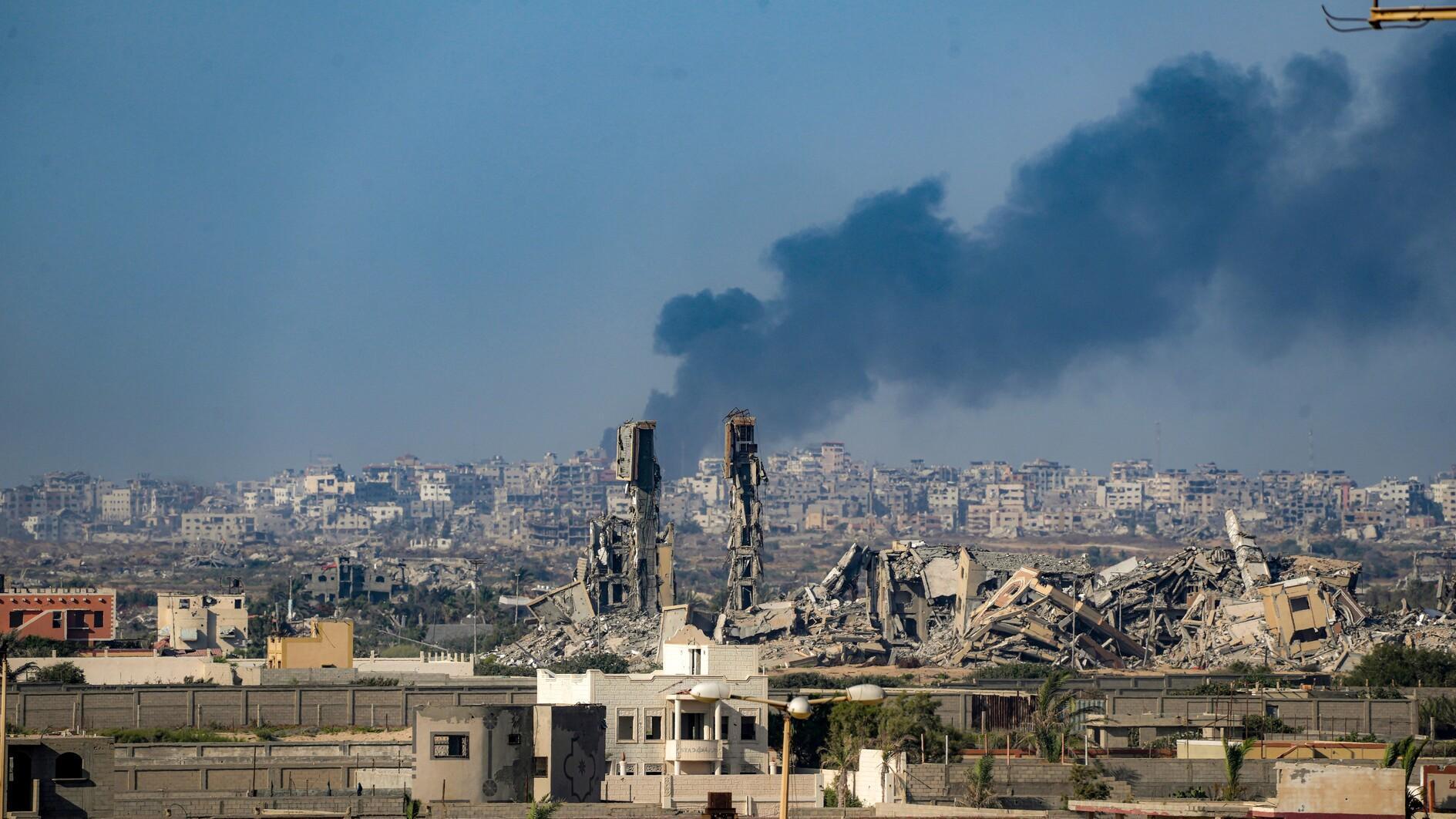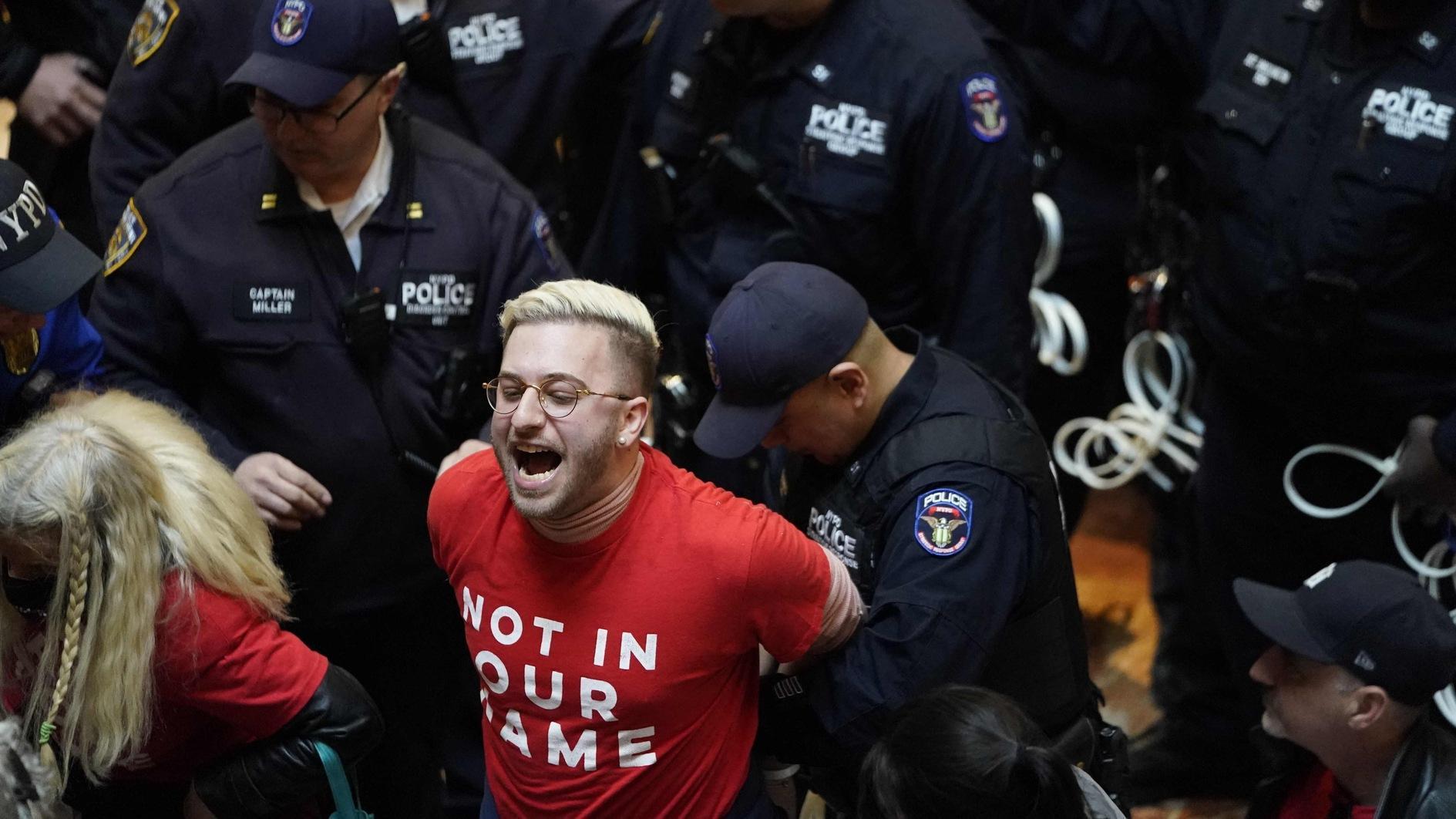World will react if Syria uses chemical weapons: France
WASHINGTON - Agence France-Presse
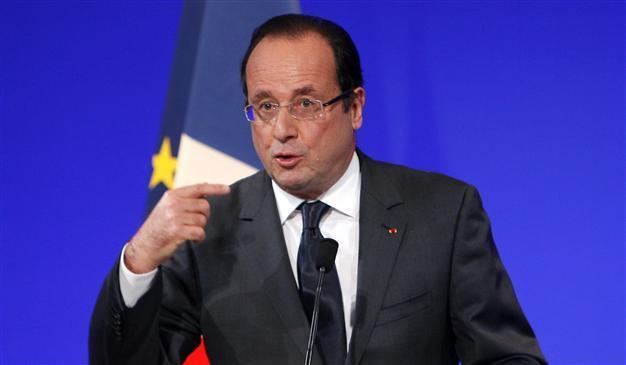
France's President Francois Hollande. REUTERS Photo
France on Tuesday joined the United States and NATO in delivering a blunt warning to Damascus not to use chemical weapons on rebels, warning that the international community would react if it did."Any use of these chemical weapons by (Syrian President Bashar) al-Assad would be unacceptable. The leaders in Damascus must know the international community is watching them and will react" if they are used, said a foreign ministry spokesman.
US, NATO warn Damascus over chemical weapons
NATO joined Washington in delivering a blunt warning to Damascus on Tuesday against any use of chemical weapons, as the alliance readied to approve a Turkish request for missiles to protect its border with Syria.
"The possible use of chemical weapons would be completely unacceptable to the whole international community and and I would expect an immediate reaction from the international community," NATO head Anders Fogh Rasmussen said.
Syria's chemical weapons stockpiles were "a matter of great concern," he said, adding: "This is also the reason why it is a matter of urgency to ensure effective defence and protection of our ally Turkey." Turkey's request for US-made surface-to-air Patriot missiles to be deployed on its border is worrying Russia, but both NATO and Ankara insist they would be purely defensive.
US President Barack Obama on Monday told Syrian President Bashar al-Assad not to use chemical weapons against his own people, in a new warning as the conflict approaches the 21-month mark with more than 41,000 people killed.
"I want to make it absolutely clear to Assad and those under his command, the world is watching, the use of chemical weapons is and would be totally unacceptable," Obama said.
"If you make the tragic mistake of using these weapons, there will be consequences and you will be held accountable." The Syrian government, fighting to prevent the capital Damascus from falling to rebel forces, on Monday reiterated it would never resort to chemical weapons.
But a US official told AFP that Syria had begun mixing chemicals that could be used to make sarin, a deadly nerve agent, while CNN reported Damascus could use the gas in a limited artillery attack on advancing rebels.
Washington fears that battlefield advances by rebels could prompt Assad to use chemical arms, or that such stocks could become insecure or find their way into the hands of groups hostile to the United States and its allies.
On the ground Tuesday, the Syrian army blasted a string of rebel zones on the eastern and southwestern outskirts of Damascus.
Rami Abdel Rahman, director of the Britain-based Syrian Observatory for Human Rights, said "the army is trying at all costs to keep the rebels out of Damascus.
"The rebels are pushing hard to enter into the city but they have not been able to make the advance they are hoping for," he added.
Pro-regime daily Al-Watan reported that the army is "making progress in all directions in Damascus province, chiefly in villages along the road linking the capital to the international airport." In the face of deteriorating security, the United Nations on Monday suspended operations in Syria and said it would pull out non-essential staff, while the European Union reduced its activities in Damascus to a minimum.
Against this backdrop, Syria and Turkey's request for help to boost its defence is dominating the two-day NATO meeting in Brussels.
Russian President Vladimir Putin warned Monday that any deployment of the Patriots would only add to tensions and possibly widen the conflict.
"Creating additional capabilities on the border does not defuse the situation but on the contrary exacerbates it," Putin told a press conference with Turkish Prime Minister Recep Tayyip Erdogan after talks in Istanbul.
Moscow is a staunch ally of Damascus, routinely blocking resolutions against Assad's regime at the UN Security Council..
That stance and the latest exchanges may make a lunch meeting Tuesday of the NATO Russia Council attended by US Secretary of State Hillary Clinton and her Russian counterpart Sergei Lavrov somewhat strained.
Military sources in Turkey have said NATO is considering the deployment of up to six Patriot batteries and some 300-400 foreign troops to operate them.
The Patriot, designed mainly to bring down missiles but effective also against aircraft, would likely be supplied by Germany, The Netherlands or the United States.


